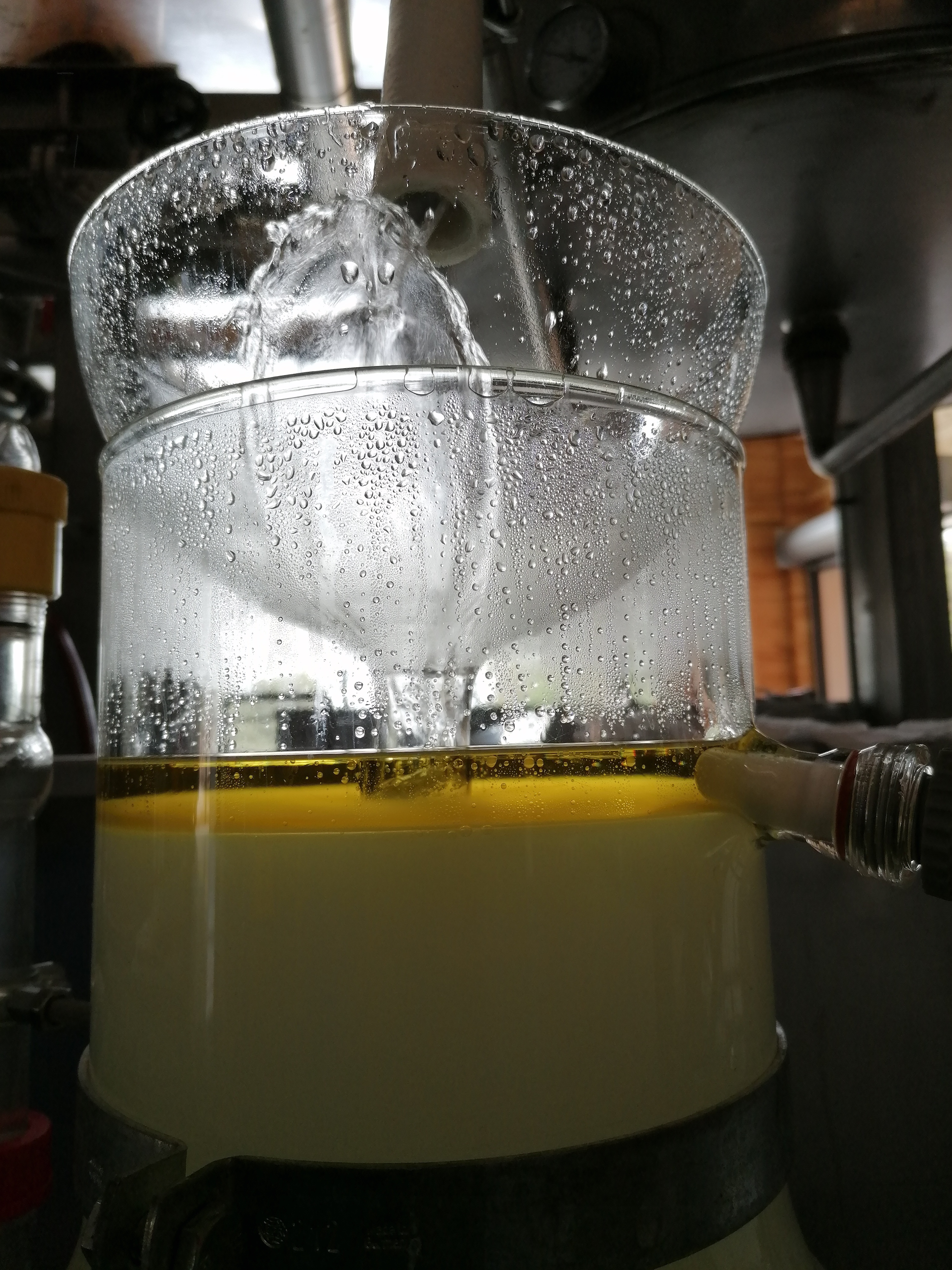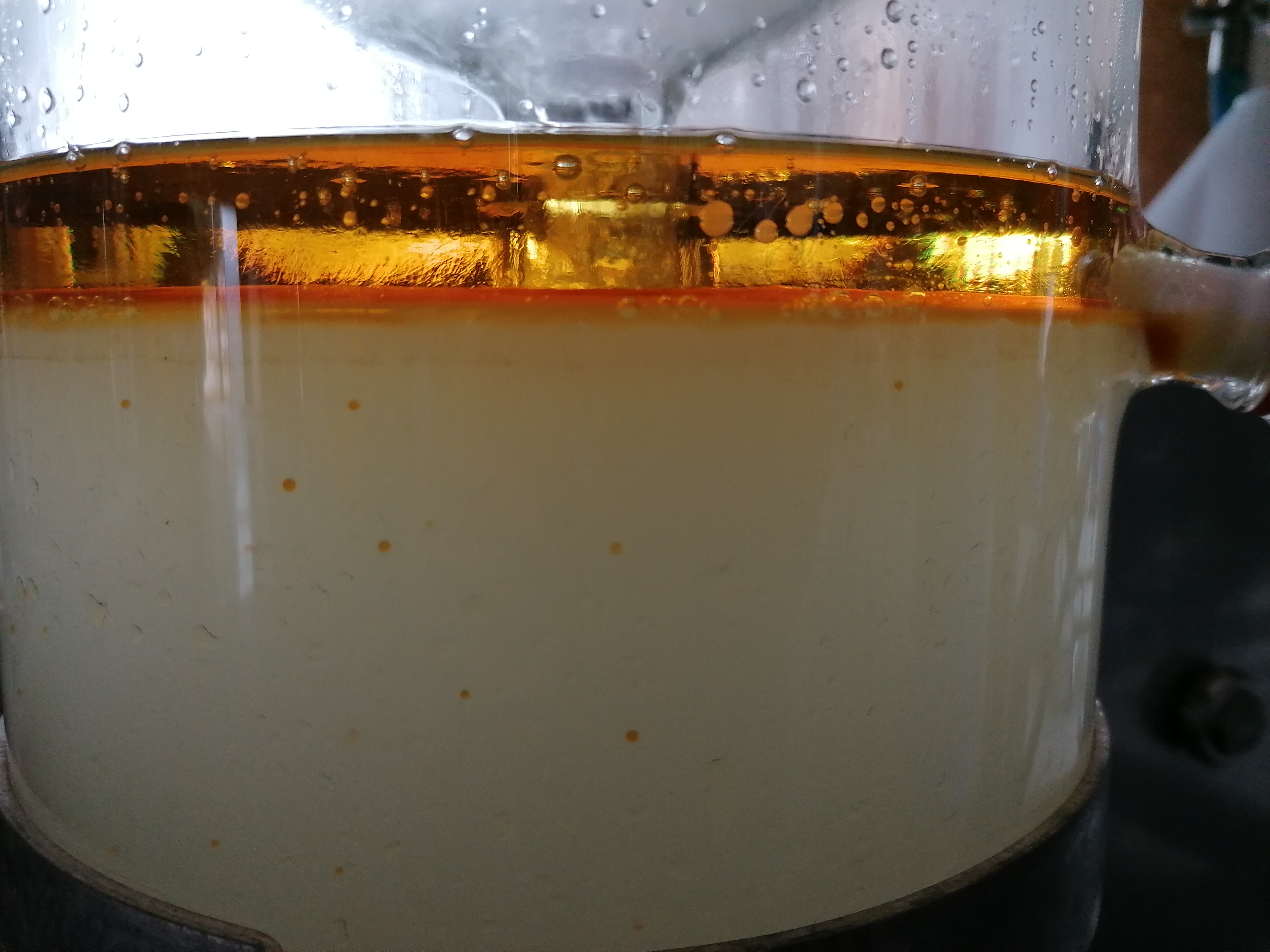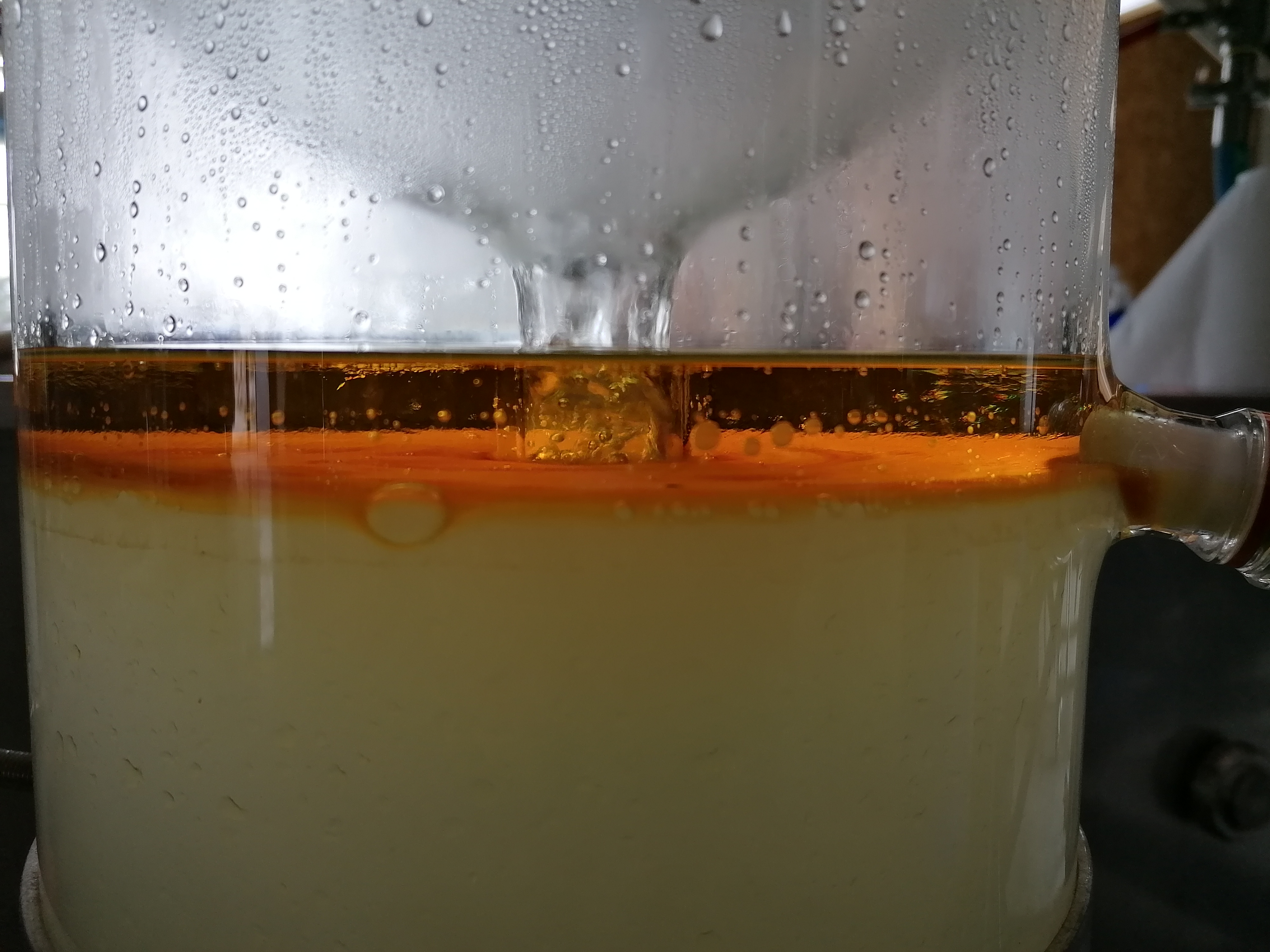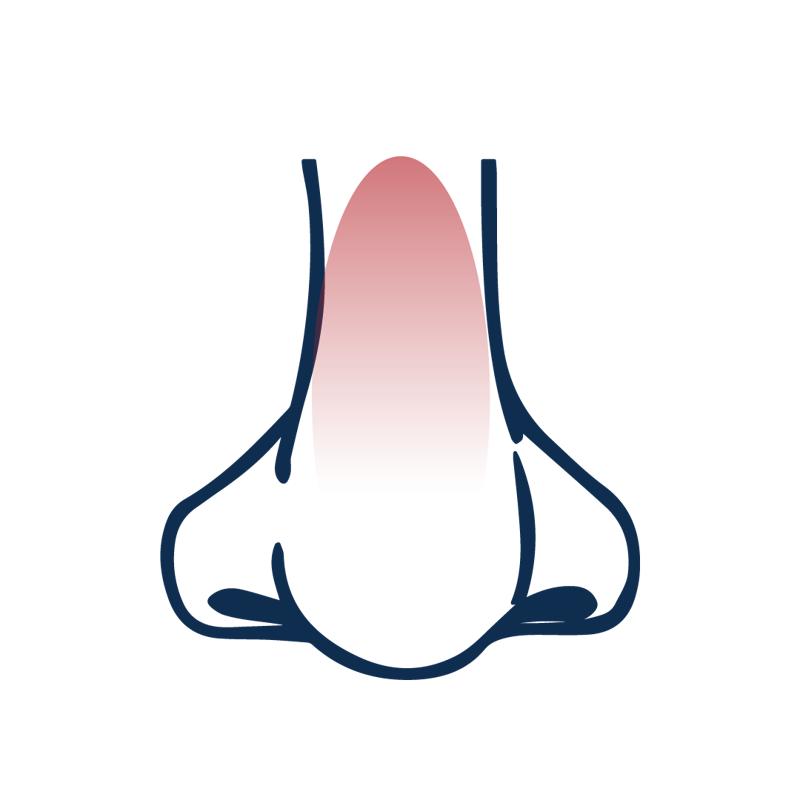The plant
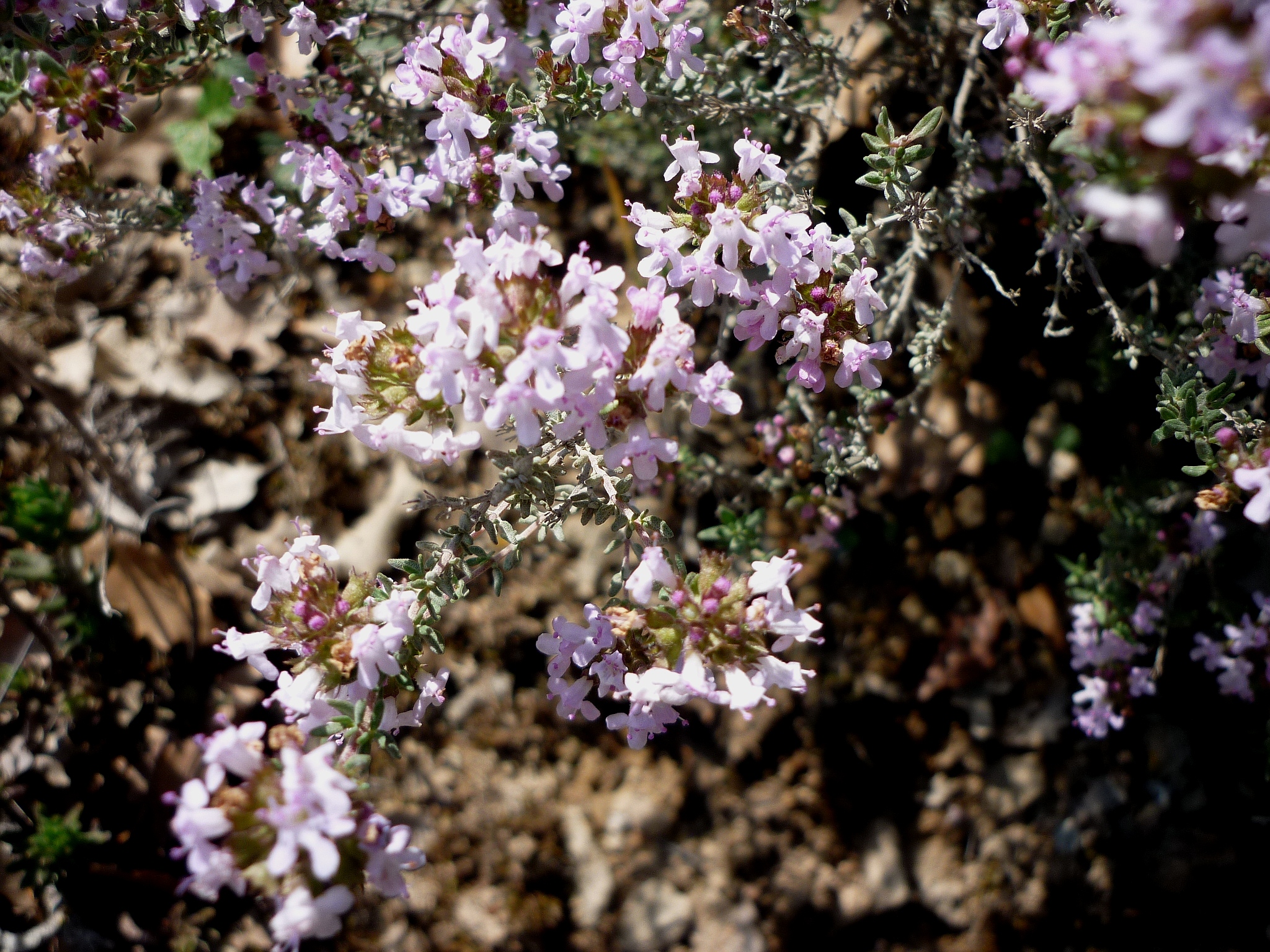
Plant part: Flowery
Origin: France
From the Egyptian word "Tham" plants for embalming, which places its multiple properties, known since the dawn of time, of this sub -shrub of the Mediterranean limestone soils. Its virtues are mainly linked to the presence of phenols (Thymol and Carvacrol) and Monoterpènols (Géraniol, Linalol, Terpinéol, Thujanol) whose variable concentrations according to its biotopes and the harvest period determine six different chemotypes. Spring distillation in full bloom from April to May of the wild or cultivated plant.
What are the benefits of Thyme linalool
Thyme-linalool, thanks to its antibacterial and anti-inflammatory properties, is known to strengthen the immune system and help fight infections. In case of sinusitis, this plant can also be beneficial by decongesting the respiratory tract and relieving the symptoms associated with this inflammation of the sinuses. By promoting the elimination of phlegm and soothing irritation, thyme-linalool can help relieve pain and speed up the healing process. Its expectorant action also makes it a valuable ally in relieving respiratory disorders and promoting better breathing.
The Products
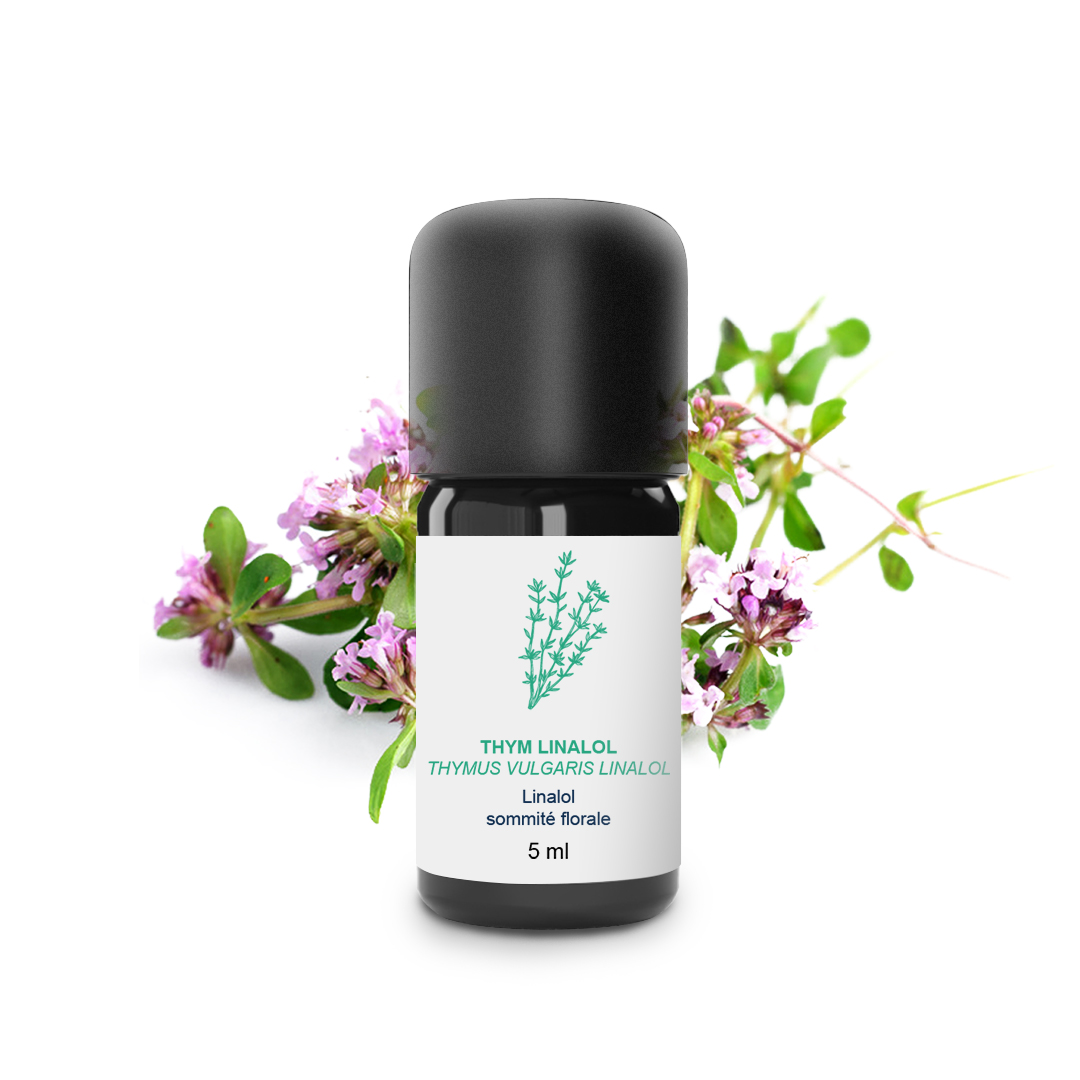
Essential Oil Thyme linalol
The essential oil of Thym Linalol of Essenciagua, distilled in France, is a biological product with multiple therapeutic virtues. Coming from Thymus vulgaris, this plant has been recognized since antiquity for its medicinal properties, cultivated on Mediterranean limestone soils.
This essential oil is particularly effective against bronchitis and parasites in children, thanks to its expectorant and antibacterial properties. It helps relieve symptoms of bronchitis by helping to clear the airways, and can be used in inhalation to decongest the sinuses and relieve sinusitis.
In addition, Thym Linalol essential oil is beneficial to treat acne due to its antibacterial and regulatory sebum properties. It also has an analgesic effect, useful for eating back pain when applied locally in massage, and can relieve joint pain thanks to its anti-inflammatory properties.
See product
The Distillation

